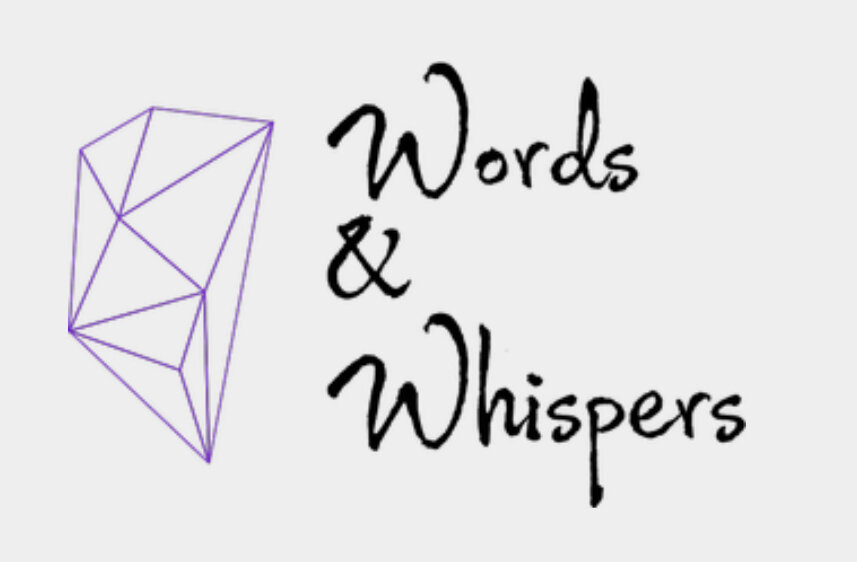Editor’s Note
Ashley Renselaer, Founder & Editor-in-Chief
Dear Readers,
A few weeks ago, on a rainy Los Angeles day, during a heated debate about finding solutions to fixing our ailing world, a friend of mine, a gifted young scientist, asked me a genuine question: “But, what can poetry do for us?”. In a world that needs swift and immediate repair, from finding cures to diseases to battling climate change, political instability and economic injustice, my friend posed a truthful inquiry. If we need answers here and now, how can a poem help us out? Adrienne Rich, one of the greatest poets of the past century, knew the answer: “The reading or hearing of a poem can transform consciousness, not according to some pre-ordered program but in the disorderly welter of subjectivity and imagination, the seeing and touching of another, of others through language”. For Rich, the language of poetry is the singular vein that allows us the wild and unforeseen burst of new ideas, of understanding and of change. If not for our ability to “see” ourselves and each other through metaphors – those windows to our imagination – we wouldn’t ever take a step to fix the world around us. Rich tells us, in essence, that to break ourselves free of our challenges, we need the language of poetry – as we would need air, food and love: to discover each other, to secure a different world and to ultimately survive.
The words of Adrienne Rich resonate, as you read through the dazzling and thoughtful work in Words & Whispers’s sixth issue. In her brilliant poem, “Releasing the Tears Again”, the iconic first Los Angeles Poet Laureate, Eloise Klein Healy tells her readers of the incomparable power of poetry in allowing for renewal after downfall, after “spilling moonlight through the window”. Healy’s imagery strikes a chord, sending shivers down our hearts, and yet granting us the blueprint for how to move forward: “I fell on my knees and promised / that poetry would be everything, / the basis of all choices, and here it is again”. Healy astutely designates poetry to be “the basis of all choices”, reminding us of the all-consuming significance of poetry as a pillar of our humanity.
Also, in the issue, Robert McCarthy’s unrelenting and spell-binding poem, “The Poems of Our Climate Change” pulls us to become witness to the destruction of our world; the imagery holds our gaze steady and doesn’t let us look away: “This landscape, rooted in some agony / of extenuation, absurd murderous distance; / blindly tendrils groping in underground / odysseys of aquifers, tapped out in arid exhaustion.” Elsewhere, Jason de Koff’s poem “Quantitative Trespasses”, skillfully demonstrates the immeasurable power of metaphors in conveying the human condition: “the solid footholds/that once spoke of truth /now receive blankets / of paint of plaster / to cover the demons”. Plumbing the familial, Gina Stratos’s searing poem “The Cutter”, examines and reveals a mother’s anguish and struggle through evocative imagery. Fear and love are narrated beautifully and linger with you long after: “her mouth a cave echoing / every motherly failure / every single tenderness / left on the table to rot”.
Adrienne Rich believed that poetry harbors the uncompromising power of language; a power that defines our connection to ourselves and our world and the key to our ability to change our world for the better. The work in our new issue is a living testament to such a thought – poem after poem, you will be unexpectedly delighted and provoked. Delighted to relate, and to empathize. Provoked to ponder and bring about change. I invite you most enthusiastically to dive in and allow the language, the metaphors, and the imagery to move you – to tears or to action.
Humbly,
Ashley Renselaer
Founder & Editor-in-Chief
Words & Whispers Literary Journal
